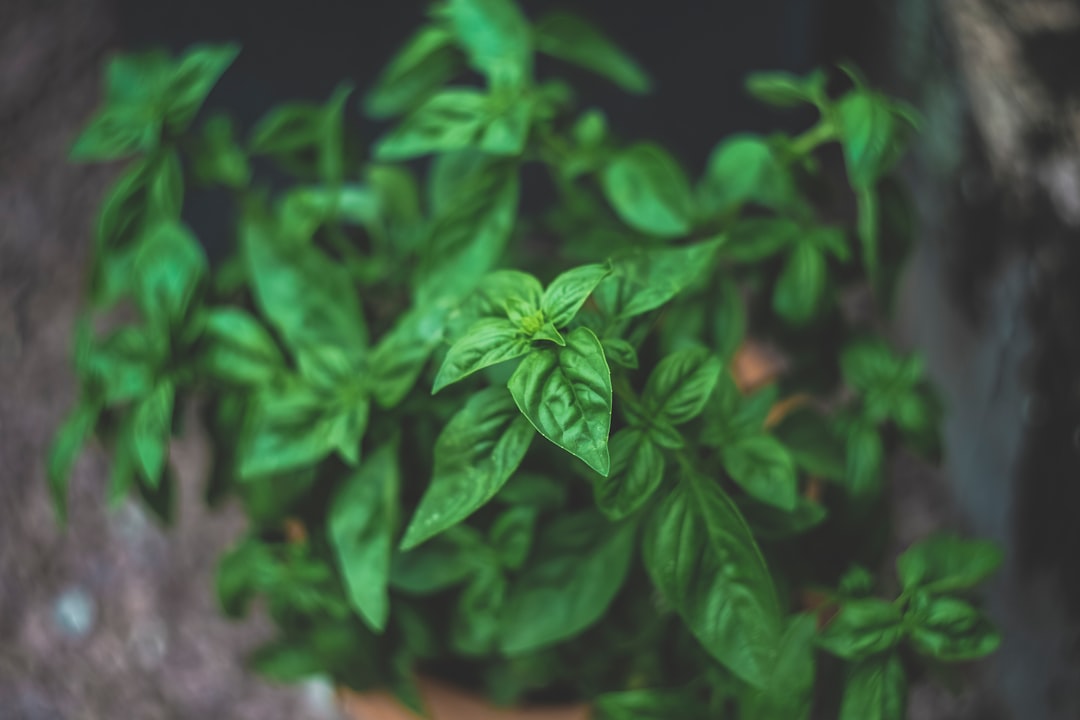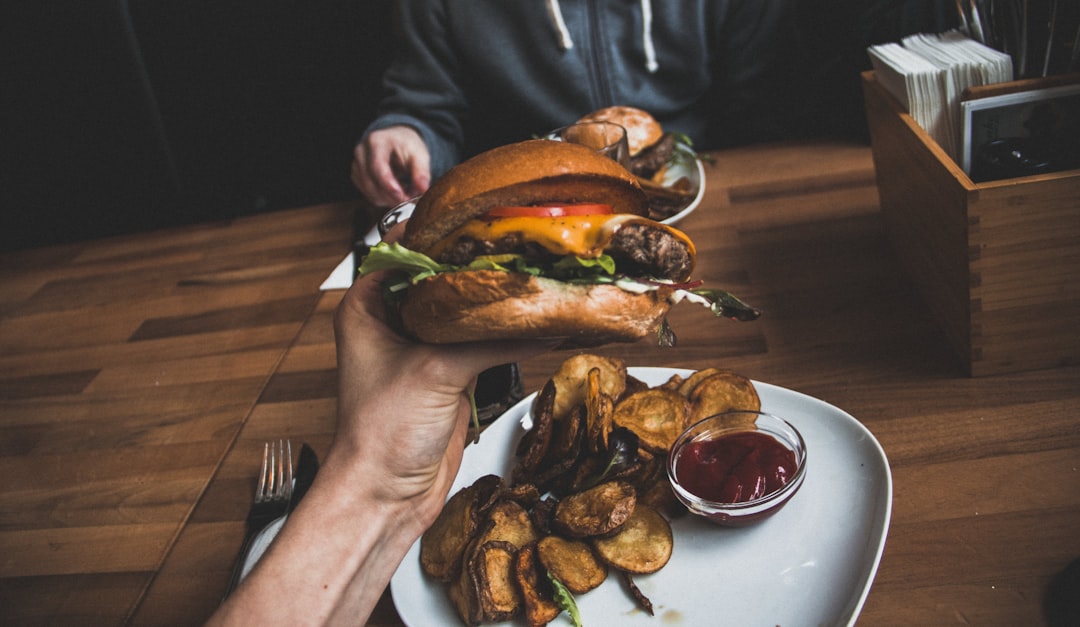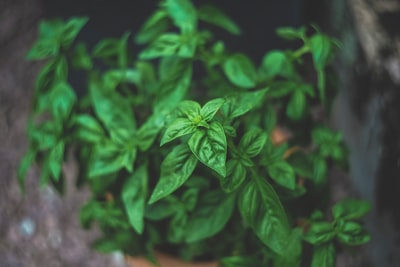A caffeine allergy is a fairly common condition that is unfortunately not diagnosed very often. People who consume a lot of tea, coffee or chocolate are prone to suffering from allergies on account of their exposure to high amounts of caffeine. Caffeine is a very strong psychoactive substance and stimulant that has a negative effect on the nervous system if taken in extremes.
A caffeine allergy can take the form of severe migraines, insomnia, dizziness, panic attacks and heightened heart beat. People can also become very aggressive when they have a negative reaction to this substance. People who are prone to skin problems such as rashes, rashes, itches and pains should also be aware of the side effects of caffeine. Rashes and itches can be associated with things such as eczema, in severe cases it can also lead to severe asthma. The repeated instigations of such extreme reactions can also lead to muscle tremors and sinusitis.

It should also be noted that although caffeine is not capable of killing a human, it can put strains of human bacteria strains into an extremely fragile state. This is because caffeine receptors are not found in the body and can be fooled by the body’s metabolism, which is why extra caution is advisable when consuming this substance. By nature, a high caffeine level is also capable of stimulating the brain and although this may make the headache feel better, it is also capable of causing negative side effects such as irritability, anxiety and insomnia. The compounding factors of these factors with the aura of a caffeine sensitivity makes it almost inevitable for a person to show symptoms of caffeine sensitivity.
The profound nature of caffeine’s negative effects on the body are backed by scientific studies. Although many studies have remained unsurprising, one aspect of caffeine’s power has often been a sticking point with researchers and these findings are most certainly not going to be likely to alter people’s drinking habits. Although many people may not believe that caffeine has such a damaging effect on the body, research has found that a compounding substance may be formed when the caffeine content of a consumed substance combines with another substance, in this case caffeine, to give an especially negative reaction to the former.
Unlike many other drugs caffeine does not seem to react in very much the body and in fact produces a very distinctive effect -3 times as much as the original dose. And although many people feel only a little bit of caffeine’s effects, studies have found that consuming as little as half a teaspoon can produce a significant effect to the central nervous system. The effects can be felt immediately and can last for up to one hour from the time the coffee or tea is ingested.
Obviously, people feel whatever effects caffeine has on them, because the drug doesn’t naturally pass through the body. The main way to overcome any caffeine withdrawal symptoms is to drink more cans of it, along with water, milk and tea, rather than drink it in the form of coffee or tea. But why do some people choose to drink more cans instead of the actual dose? A huge percentage of the population appears to be drinking to much caffeine, often in the form of soda, tea, and chocolate. But surprisingly, much of this probably isn’t just about reaching that figure; sometimes, it’s a case of just reaching for the nearest caffeinated beverage rather than the burrito-sizedandelberry latte. Whether it’s too much caffeine or too little, caffeine appears to be a case that some people just can’t break bad habits. The ever-increasing consumption of caffeine has, in fact, been known to affect even the level of alertness in children. Children who consumed three or more cups of coffee a day in childhood were twice as likely to suffer “low” blood pressure as those who didn’t. The relationship between caffeine and high blood pressure is still quite strong, and many countries including the United States have detected the problem. In addition, research shows that energy drink consumption can links impulsively with other drugs such as cocaine.
Of course, many people could probably benefit from increased coffee drinking. Although experts recommend drinking three to five cups of coffee a day, most Texans only drink one or two cups of coffee a day. For those who regularly drink cups of coffee, whatever the reason, they are essentially drinking more caffeinated beverages than they realize. Fromahi.com:
Caffeine has obviously become one of the world’s most addictive substances. Any cursory reading of the ingredient label on a packaged beverage inevitably brings to mind the colorful descriptions of caffeine toumps and seen on almost every container of carbonated soda you’ve ever purchased. The final straw is the intense trip to the nearest corner store to pick up a few bags of carbonated soda.



